Posts
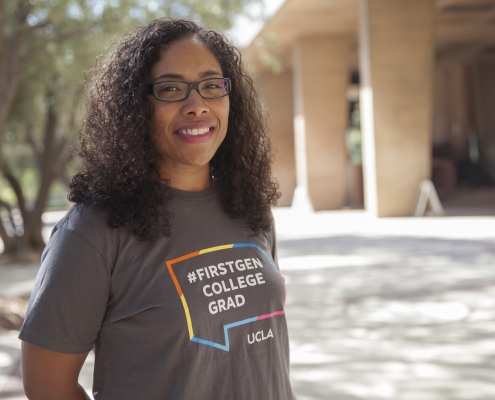
Dr. Frasure-Yokley Profiled by PBS NewsHour for Her Work with UCLA’s First-Generation College Students
May 16, 2018 Dr. Lorrie Frasure-Yokley, Associate Professor…

Dr. Lytle Hernandez and Million Dollar Hoods to be Honored with Freedom Now Award on June 16
May 15, 2018 Professor Kelly Lytle Hernandez and Million Dollar…
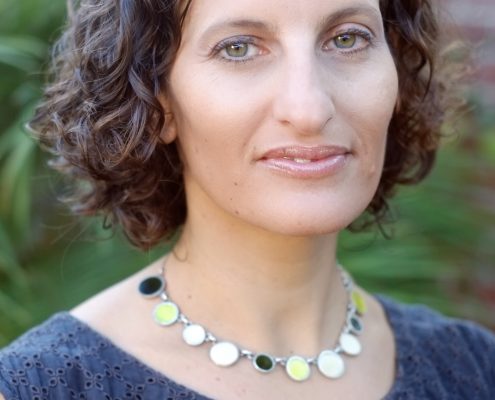
Coming Out and “Outing Pigs”
By Abigail C. Saguy Professor of Sociology, UCLA In…

Social Sciences Alumni to be Honored by the UCLA Alumni Association
The UCLA Alumni Association will be honoring several distinguished…
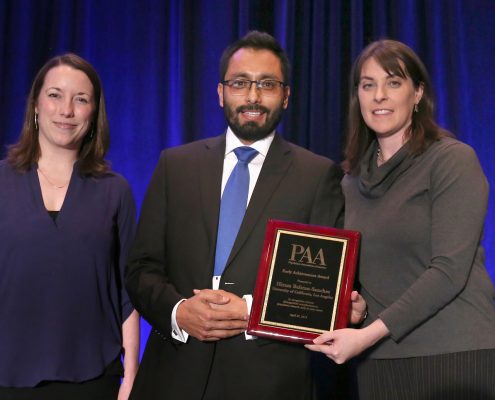
UCLA’s Beltran-Sanchez receives the Early Achievement Award from the Population Association of America
May 4, 2018 Assistant Professor Hiram Beltran-Sanchez,…
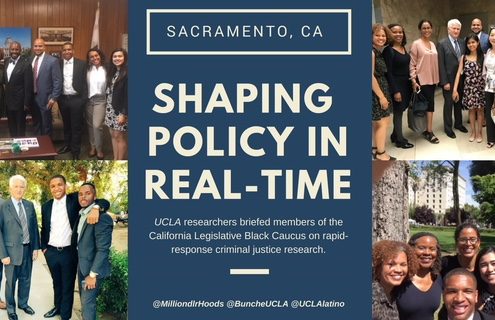
Million Dollar Hoods Goes to Sacramento
May 4, 2018 Last week, Dr. Kelly Lytle Hernandez, professor…
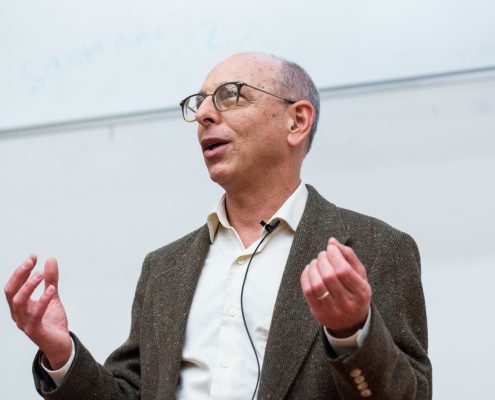
Eavesdropping on Human Personality Variation: An Evolutionary Perspective
By Joseph H. Manson Professor of Anthropology Among our…
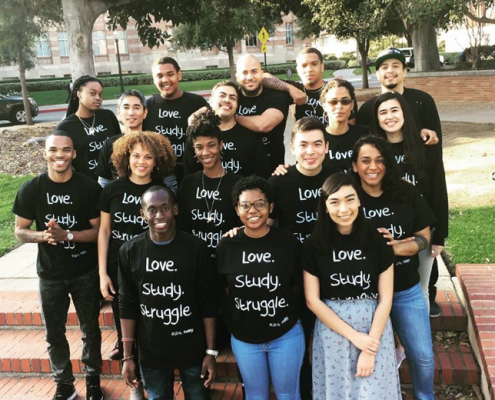
Mapping LA’s Million Dollar Hoods
By Kelly Lytle Hernandez Professor of History and African-American…

